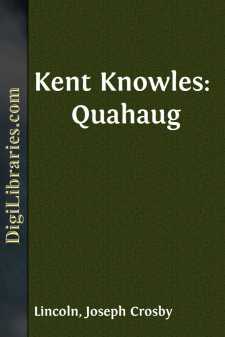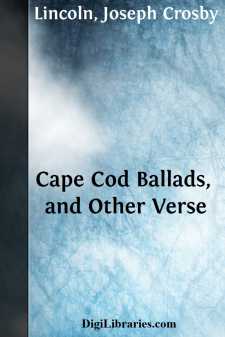Categories
- Antiques & Collectibles 13
- Architecture 36
- Art 48
- Bibles 22
- Biography & Autobiography 816
- Body, Mind & Spirit 145
- Business & Economics 28
- Children's Books 18
- Children's Fiction 14
- Computers 4
- Cooking 94
- Crafts & Hobbies 4
- Drama 346
- Education 58
- Family & Relationships 59
- Fiction 11831
- Foreign Language Study 3
- Games 19
- Gardening 17
- Health & Fitness 34
- History 1378
- House & Home 1
- Humor 147
- Juvenile Fiction 1873
- Juvenile Nonfiction 202
- Language Arts & Disciplines 89
- Law 16
- Literary Collections 686
- Literary Criticism 179
- Mathematics 13
- Medical 41
- Music 40
- Nature 179
- Non-Classifiable 1768
- Performing Arts 7
- Periodicals 1453
- Philosophy 66
- Photography 2
- Poetry 897
- Political Science 203
- Psychology 45
- Reference 154
- Religion 516
- Science 126
- Self-Help 86
- Social Science 82
- Sports & Recreation 34
- Study Aids 3
- Technology & Engineering 59
- Transportation 23
- Travel 463
- True Crime 29
Our website is made possible by displaying online advertisements to our visitors.
Please consider supporting us by disabling your ad blocker.
Thankful's Inheritance
Description:
Excerpt
CHAPTER I
The road from Wellmouth Centre to East Wellmouth is not a good one; even in dry weather and daylight it is not that. For the first two miles it winds and twists its sandy way over bare hills, with cranberry swamps and marshy ponds in the hollows between. Then it enters upon a three-mile stretch bordered with scrubby pines and bayberry thickets, climbing at last a final hill to emerge upon the bluff with the ocean at its foot. And, fringing that bluff and clustering thickest in the lowlands just beyond, is the village of East Wellmouth, which must on no account be confused with South Wellmouth, or North Wellmouth, or West Wellmouth, or even Wellmouth Port.
On a bright sunny summer day the East Wellmouth road is a hard one to travel. At nine o'clock of an evening in March, with a howling gale blowing and rain pouring in torrents, traveling it is an experience. Winnie S., who drives the East Wellmouth depot-wagon, had undergone the experience several times in the course of his professional career, but each time he vowed vehemently that he would not repeat it; he would "heave up" his job first.
He was vowing it now. Perched on the edge of the depot wagon's front seat, the reins leading from his clenched fists through the slit in the "boot" to the rings on the collar of General Jackson, the aged horse, he expressed his opinion of the road, the night, and the job.
"By Judas priest!" declared Winnie S.—his name was Winfield Scott Hancock Holt, but no resident of East Wellmouth called him anything but Winnie S.—"by Judas priest! If this ain't enough to make a feller give up tryin' to earn a livin', then I don't know! Tell him he can't ship aboard a schooner 'cause goin' to sea's a dog's life, and then put him on a job like this! Dog's life! Judas priest! What kind of a life's THIS, I want to know?"
From the curtain depths of the depot-wagon behind him a voice answered, a woman's voice:
"Judgin' by the amount of dampness in it I should think you might call it a duck's life," it suggested.
Winnie S. accepted this pleasantry with a grunt. "I 'most wish I was a duck," he declared, savagely. "Then I could set in three inches of ice-water and like it, maybe. Now what's the matter with you?" This last a roar to the horse, whose splashy progress along the gullied road had suddenly ceased. "What's the matter with you now?" repeated Winnie. "What have you done; come to anchor? Git dap!"
But General Jackson refused to "git dap." Jerks at the reins only caused him to stamp and evince an inclination to turn around. Go ahead he would not.
"Judas priest!" exclaimed the driver. "I do believe the critter's drowndin'! Somethin's wrong. I've got to get out and see, I s'pose. Set right where you be, ladies. I'll be back in a minute," adding, as he took a lighted lantern from beneath the seat and pulled aside the heavy boot preparatory to alighting, "unless I get in over my head, which ain't so dummed unlikely as it sounds."
Lantern in hand he clambered clumsily from beneath the boot and disappeared....












